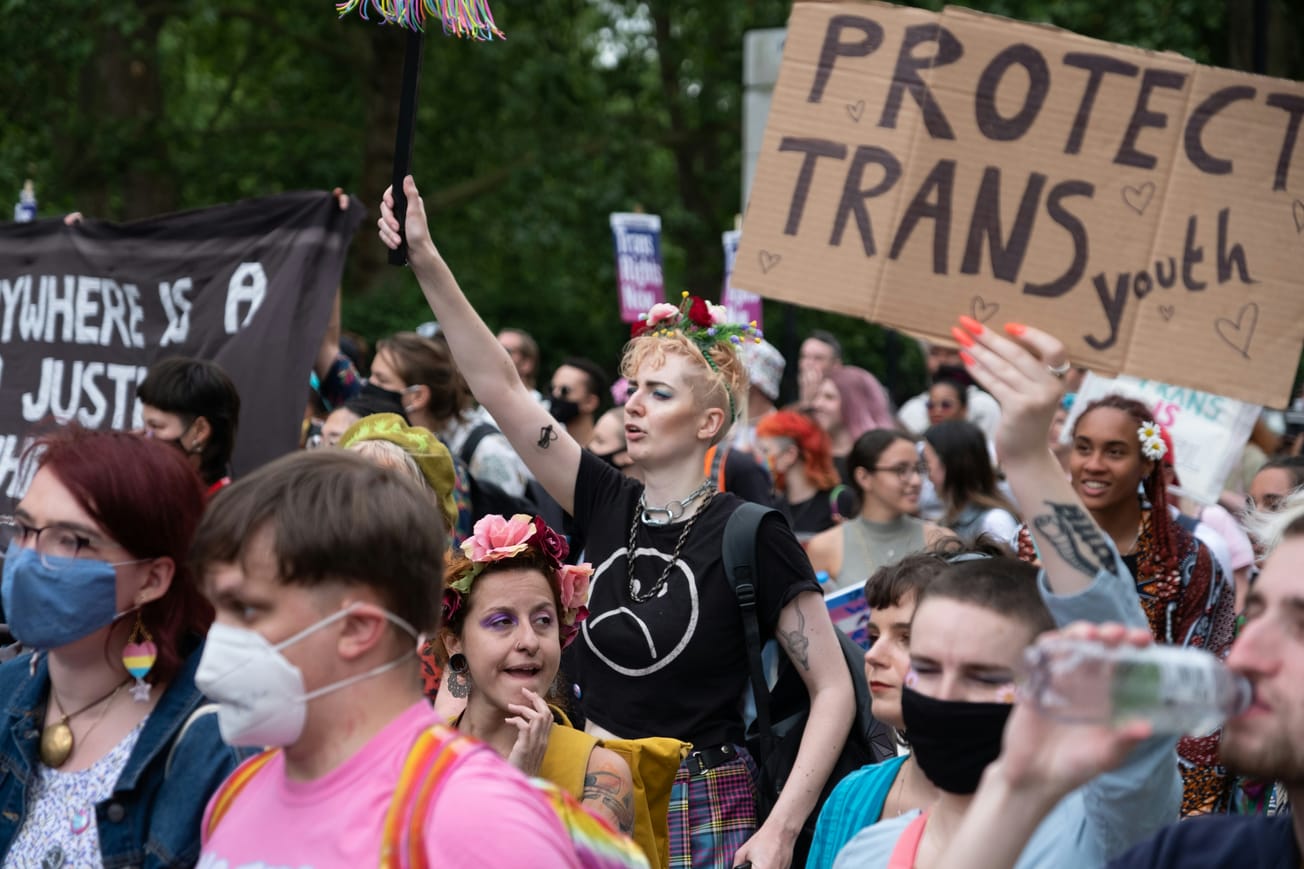It is the time of the year when final year students are starting to receive emails about filling in the National Student Survey (NSS), but following on from the successful boycott last year, what has changed?
The NSS asks final-year undergraduates for feedback on what it has been like to study their course at their university. Last year, a national boycott of the survey was called by the National Union of Students (NUS) due to the NSS's position as a key metric in the TEF rankings.
TEF gives universities a gold, silver or bronze ranking and it was originally planned that universities with high rankings could raise their tuition fees, prompting outrage that student feedback could be used to justify raises.
The boycott meant that the University of Bristol failed to meet the 50% respondent threshold and its results were invalidated.
Since then, a number of changes have been announced. Tuition fees have been frozen and delinked from TEF until at least 2020, keeping them at £9,250 for the foreseeable future. The government have also announced that it has halved the weighting of the National Student Survey in the TEF, meaning that NSS results for each university will have less of an impact on final TEF rankings.
The government is expected to allow tuition fees to rise annually in line with inflation until 2020/21 for institutions participating in the TEF and who meet minimum requirements. Whether tuition fees are then linked to TEF ratings will depend on the outcome of the independent review and subsequent government decisions.
In Bristol, the SU's first student council in November 2017 saw two motions proposed in regards to the NSS- ‘Bristol Boycott New Motion’, to continue the boycott and ‘New year, New Tactic’, to end the boycott in favour of new tactics. The Council passed the second motion and voted to stop the boycott.
The successful ‘New Year, New Tactic’ motion to stop the boycott was proposed by Mason Ammar, Undergraduate Education Officer and seconded by Shubham Singh, Postgraduate Education Officer. Due to the changes regarding the NSS and its relationship to TEF, they stated ‘students at Bristol filling out the NSS will no longer be complicit in the rise of fees at Bristol’.
They also identified a number of negative consequences of last year’s boycott including its limited usefulness in helping the university identify issues that need addressing and putting the relationship between the University and Student Union under strain.
Believing 'that there is another way to fight the continued marketization of higher education’, they proposed a number of new tactics including a teaching excellence campaign, halt any pans to boycott the NSS until the outcome of the TEF review is released and continuing to fight rising fees by attending demos.
Mason Ammar, Undergraduate Education Officer at the SU, told Epigram: 'We are still opposed to the Teaching Excellence Framework (TEF) in its current form because of its focus on marketisation of higher education. Following several key announcements from government (such as halving the NSS weighting), student council and I believe that the boycott is no longer an effective tactic.
'Instead, I will work with the Bristol SU Education Network and NUS on a teaching excellence campaign. This will aim to refocus the current TEF on better teaching, and more suitable metrics to measure teaching excellence.
'We will halt any future NSS boycotts until we know the outcomes of the TEF independent review in 2019.'
The failed opposing motion to maintain the boycott was proposed by Zack Muddle and seconded by Dylan Woodward. They argued that the government and universities need the NSS to ‘manage the already-existing marketization’ of higher education, which boycotting the NSS acts to disrupt.
The motion also emphasised that there is no guarantee after 2020 that TEF and fee rises will be delinked/fee rises will not happen and that ‘TEF means universities are chasing metrics’ rather than improving standards, factors that a boycott would change.
Last year, the University of Bristol received a Silver rating in TEF. Just 8 of the 21 Russell Group universities were awarded the gold rating, prompting the Russell Group to say the TeF was not a measure of ‘absolute quality’.
Bristol’s TEF ranking said: ‘There is a high level of student satisfaction with teaching, although satisfaction with, assessment and feedback and academic support, are notably below benchmark.’
Similarly to Bristol SU, Warwick SU also recently voted to stop the boycott because of these plans to ‘focus its time and resources on efforts other than an NSS boycott to challenge, lower, and abolish tuition fees’.
The university began its promotion of the NSS along with the Your Bristol Survey from Monday 8th January. More targeted NSS promotion will begin after students have received their email from Ipsos Mori (the survey company) on 5th February.
Will you be filling out the NSS? Let us know:








